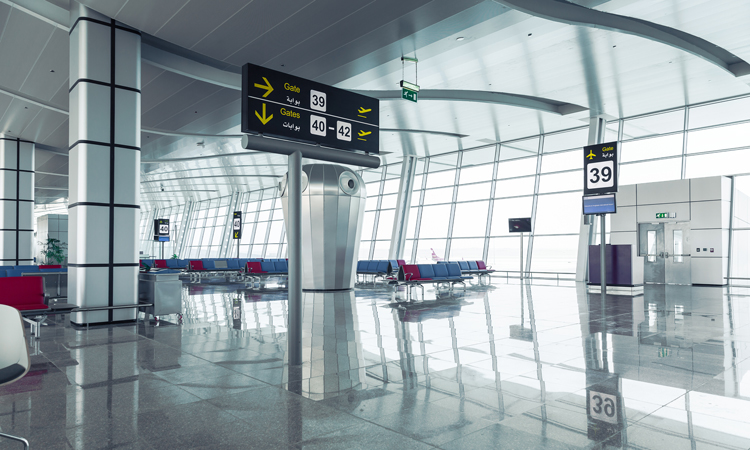Passenger demand recovery comes to standstill in November 2020
- Like
- Digg
- Del
- Tumblr
- VKontakte
- Buffer
- Love This
- Odnoklassniki
- Meneame
- Blogger
- Amazon
- Yahoo Mail
- Gmail
- AOL
- Newsvine
- HackerNews
- Evernote
- MySpace
- Mail.ru
- Viadeo
- Line
- Comments
- Yummly
- SMS
- Viber
- Telegram
- Subscribe
- Skype
- Facebook Messenger
- Kakao
- LiveJournal
- Yammer
- Edgar
- Fintel
- Mix
- Instapaper
- Copy Link
Posted: 11 January 2021 | International Airport Review | No comments yet
As new strains of COVID-19 begin to cause fresh lockdowns, border closures and travel restrictions, the passenger demand recovery that was being witnessed in the summer months of 2020 has come to a halt.


The International Air Transport Association (IATA) has announced that the recovery in passenger demand, which had been slowing since the end of the Northern hemisphere’s summer travel season, came to a halt in November 2020.
Total demand (measured in revenue passenger kilometers or RPKs) was down by 70.3 per cent when compared to November 2019, virtually unchanged from the 70.6 per cent year-to-year decline recorded in October 2020. November 2020 capacity was 58.6 per cent below previous year levels and load factor fell 23.0 percentage points to 58.0 per cent, which was a record low for the month.
International passenger demand in November 2020 was 88.3 per cent below November 2019, slightly worse than the 87.6 per cent year-to-year decline recorded in October 2020. Capacity fell 77.4 per cent below previous year levels, and load factor dropped 38.7 percentage points to 41.5 per cent. Europe was the main driver of the weakness, as new lockdowns following an increase in COVID-19 cases and the discovery of new, more infectious strains of the virus weighed on travel demand.
Recovery in domestic demand, which had been the relative bright spot, also stalled, with November 2020 domestic traffic down by 41.0 per cent when compared to 2019 (it stood at 41.1 per cent below the previous year’s level in October 2020). Capacity was 27.1 per cent down on 2019 levels and the load factor dropped 15.7 percentage points to 66.6 per cent.
“The already tepid recovery in air travel demand came to a full stop in November 2020. That’s because governments responded to new outbreaks with even more severe travel restrictions and quarantine measures. This is clearly inefficient. Such measures increase hardship for millions. Vaccines offer the long-term solution. In the meantime, testing is the best way that we see to stop the spread of the virus and start the economic recovery. How much more anguish do people need to go through—job losses, mental stress—before governments will understand that?” said Alexandre de Juniac, IATA’s Director General and CEO.


















